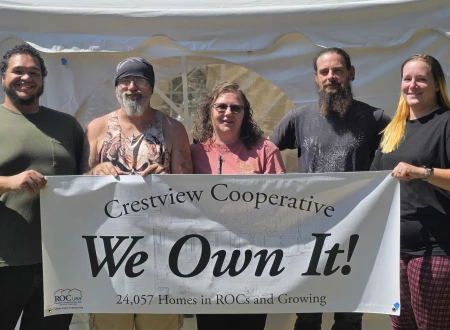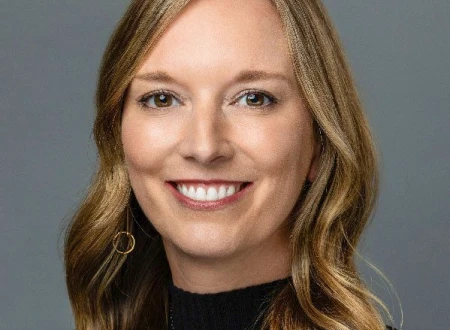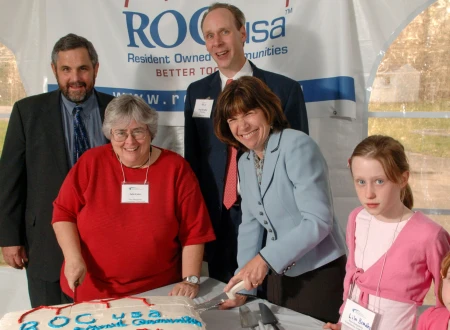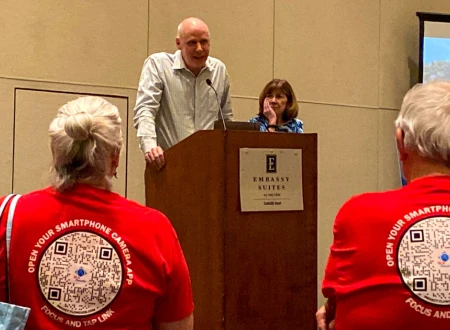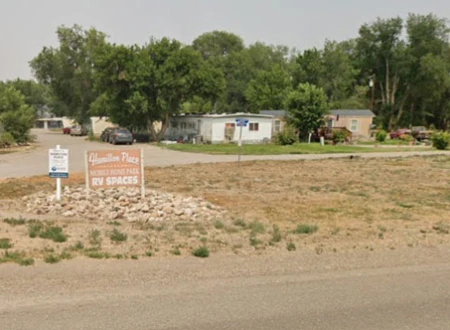A Success Story — And a Continuing Challenge
The Planet Money podcast recently featured the success story of how the Brookside Residents Association in Plainville, Massachusetts purchased their community. It also highlighted a national policy issue, one that affects the entire co-op MHC world.
First, let me set the scene. Listeners met Charlie Smith, the co-op’s president. Charlie is a tremendous ambassador for his community. He does a very effective job at laying out the situation. He explained that the homeowners received a notice that the community was for sale in 2019. When they went to match the offer, the competing buyer sued the seller, claiming the co-op’s bid was ineligible. That was not true, and the court agreed. The co-op’s matching offer of was accepted. In July 2020, the co-op bought the community.
The residents received notification because Massachusetts is just one of six states in which homeowners get notice of a potential sale and given the right to match the offer of an outside investor-buyer. A so-called “Opportunity to Purchase” notice is often the only way to ensure homeowners get the chance to buy the land beneath their homes.
Brookside Village residents had seen site-rents in other communities go up month after month, year after year.
Their site-rent to the previous owner was well below market – like $150 below average for their local area. The problem is the price for the land that they had to match reflected those market site-rents. It meant the co-op would have to impose a $180 increase on themselves.
They decided to make their offer after having gathered, as Charlie put it, “like in the revolution when people would meet in taverns.” After all, this is Massachusetts – and not too far south of the Minute Man trail!
With site-fee increases of more than 20%, our lending division, ROC USA Capital, a Community Development Financial Institution (CDFI), requires a high percentage of the community voting in favor of the purchase. We always want to ensure that people understand the situation – and make the decision for themselves. Our goal is to foster informed democratic decisions to purchase.
Brookside Village residents voted unanimously in favor of purchasing even with that significant increase.
This was community-driven ownership in action: The members of the community understood the situation and voted overwhelmingly for ownership and control.
After 30 years, it is still thrilling to see homeowners band together with the support of a few nonprofits and out-perform some of the best capitalized private equity firms and REITs (Real Estate Investment Trusts) in the world.
Now, to the policy concern covered in the Planet Money story. The reporter raised the issue that we face, the one around how Fannie Mae and Freddie Mac offer billions of dollars a year in low-cost loans to MHC investors, but do not lend to co-op MHCs like Brookside.
These agencies have refinanced a few co-ops (four to be exact). But what would really help co-ops compete – and lower borrowing costs – is to gain access to the same purchase-money financing that now only the big boys get. In Brookside’s case, it could have saved each household perhaps $25 per month over the life of the loan.
The problem is fixable. And we’ve offered two solutions in our recent comment letter to their federal regulator, the Federal Housing Finance Agency (FHFA).
The fix still would involve a CDFI, like ROC USA Capital, because limited equity co-ops like Brookside need access to loans that exceed the value of the MHC. Low-wealth communities need to borrow subordinate debt to pay for the community and cover closing costs. Fannie and Freddie won’t ever provide the subordinate portion of the debt package, but that’s okay.
In our view, the FHFA has two options: 1) Fannie Mae and Freddie Mac could be allowed to make portfolio loans to co-op MHCs, or; 2) the two agencies could invest in a vehicle with CDFIs, so that we could make the portion of the loan that the agencies can’t.
There is no word yet if they’ll step up. But there is hope under new leadership at the FHFA. We are working with them and others to change the situation.
And, while we’re at it, we’re endeavoring to fix co-op MHCs’ inability to assume the Fannie and Freddie loans that are on many properties. Changing that restriction would protect co-ops from paying outrageous defeasance (akin to a pre-payment penalty) to pay off the seller’s loans. Admittedly, such a change would be an even greater challenge. But where there is a will there is a way. And homeowners continue to demonstrate tremendous will. We shall see. Stay tuned.
–Paul Bradley, President, ROC USA

